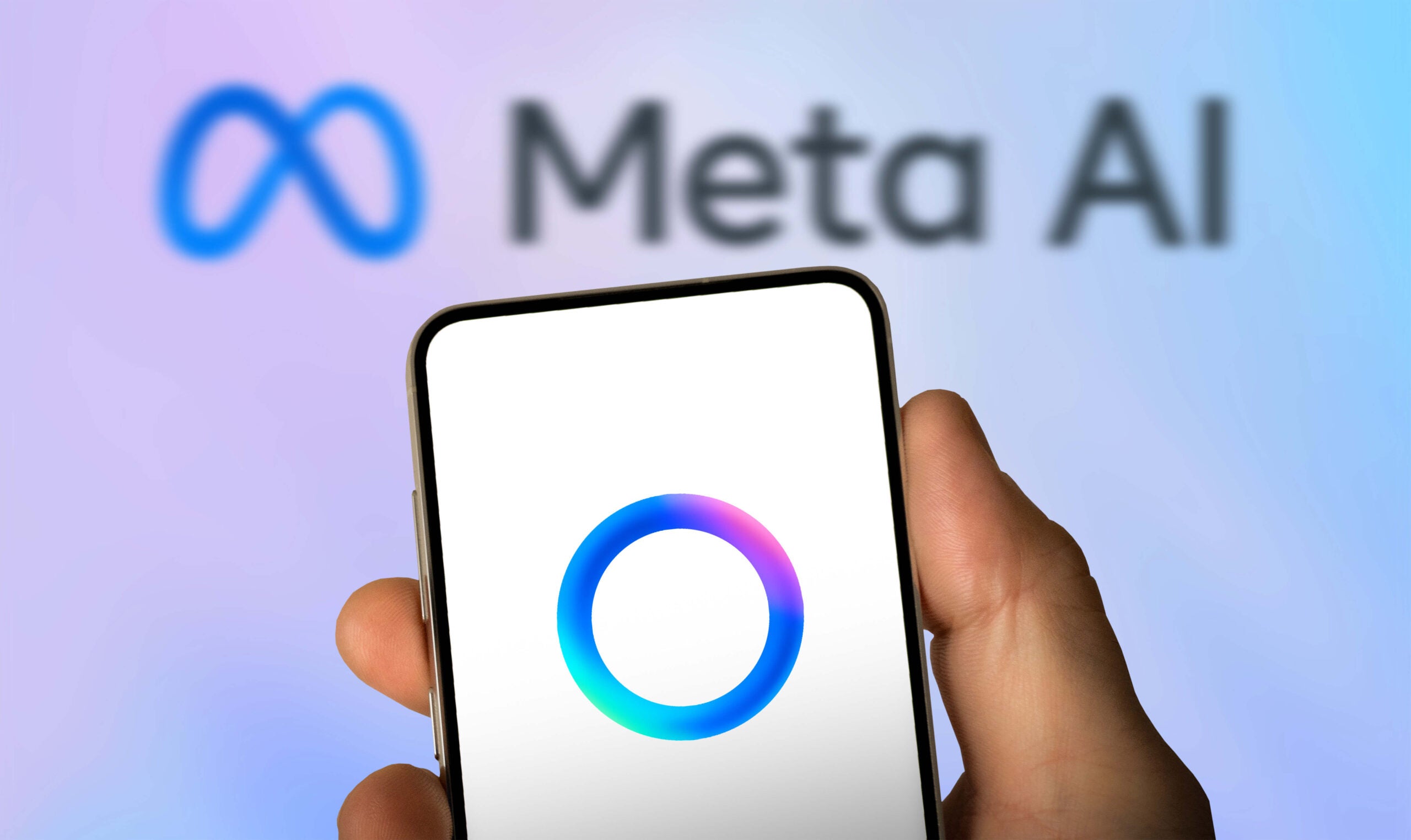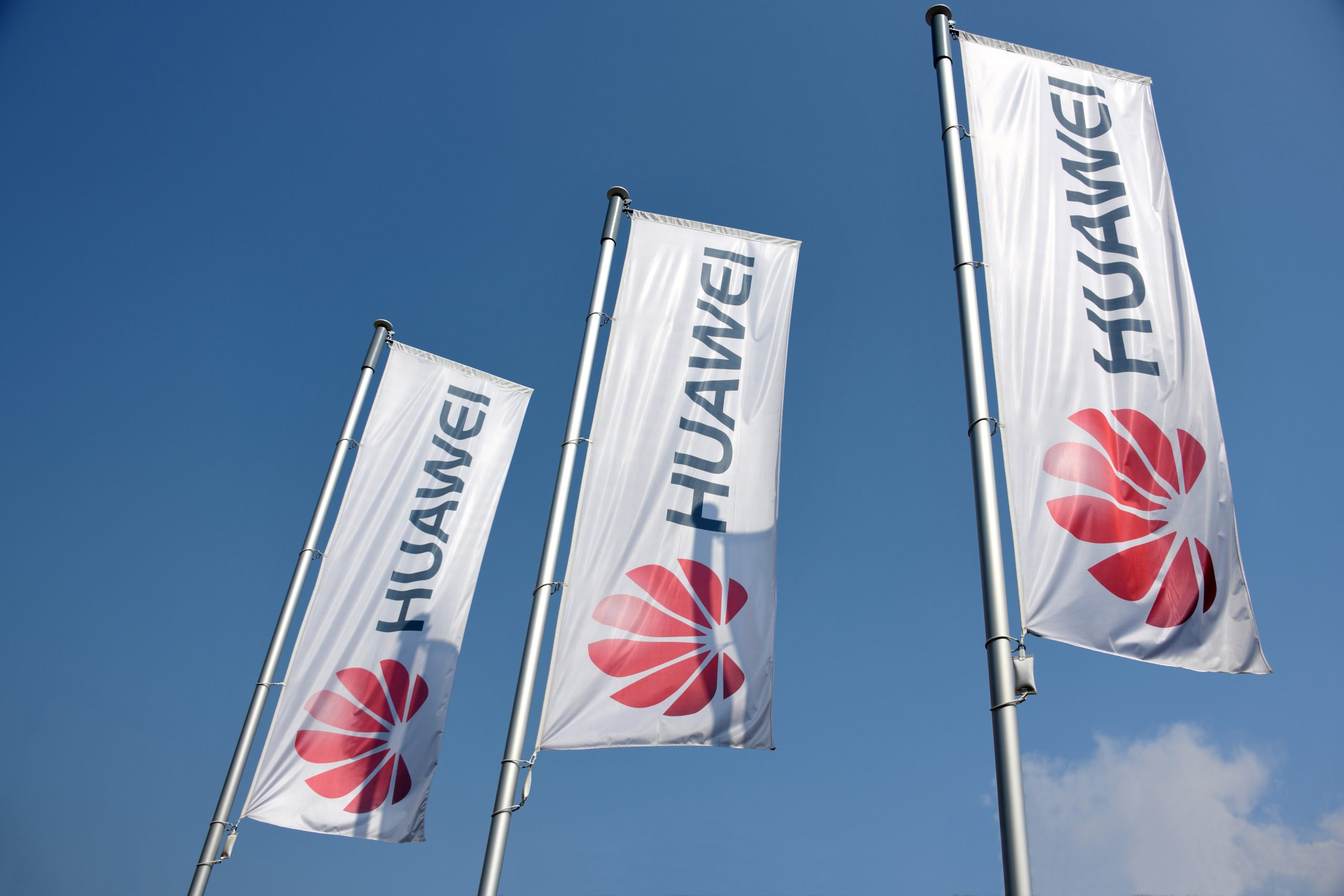Washington’s expansion of retail sales tax to a wide range of services went into effect Wednesday, reshaping how companies across tech, marketing, and nonprofit sectors bill for everything from digital advertising to custom software and IT support.
Companies have been scrambling to figure out how they are affected by Senate Bill 5814 since it was passed in the final days of the legislative session earlier this year.
The law reclassifies several activities as retail sales. Sellers must now charge sales tax on advertising services, IT services, custom website development, live presentations, and the sale or licensing of custom software. It also affects temporary staffing, and investigation and security services.
The Department of Revenue says more than 90,000 businesses in Washington are impacted. Tax experts say the law’s reach is unprecedented.
“There is virtually no business that wouldn’t be affected by this in some way,” said Grant Shaver, principal at Seattle-based accounting consultant Clark Nuber. He said it’s the biggest tax-related change he’s seen in his career.
Paul Uhlir, CEO at Seattle-based ad agency Add3, said the tax has been an “unwanted distraction.”
“The implications are still a bit nebulous,” he added.
The Department of Revenue has been releasing interim guidance to help businesses interpret the new law.
“There are a lot of parts about this bill that are just evidence that it was not well thought through,” Shaver said.
Shaver said he’s spending time with companies on two main questions: whether their services meet the definition of a new taxable category, and how to determine whether it’s a Washington sale or not.
Taxes are based not on where the work is performed, but where the customer receives the service.
Joe Fain, CEO at the Bellevue Chamber, wrote in a blog post that many businesses will overpay or mis-classify just to avoid audit risk. “Expect compliance chaos for the next year,” he said.
Scott Foreman, CEO at Seattle ad agency Copacino Fujikado, said clients have been understanding as his firm sorts out implications.
“The main adjustment for many is that this tax wasn’t factored into their 2025 planning, so some will shift budgets to accommodate it,” he said.
Uhlir said the tax hasn’t slowed client growth. “While tariffs and other financial uncertainties have caused a few of our clients to be more conservative with budgets, we have not felt a slowing in client growth from this tax,” he said.
Advertisers with fixed budgets could theoretically buy fewer services from Washington businesses because sales tax increases their costs.
Newspapers, radio/TV broadcasting, and out-of-home advertising such as billboards are excluded from the new law.
It isn’t clear how exactly Seattle tech giant Amazon — which has a massive advertising business — is affected by the sales tax expansion. We reached out to the company for comment.
DOR has issued guidance for contracts signed prior to Oct. 1.
The law aims to “modernize” the tax system as Washington’s economy shifts toward services and digital products.
Sen. Noel Frame (D-Seattle), who co-sponsored the bill, called the law a “good government update to make our tax code more appropriate for the 21st century.”
“As more and more of our economy happens with computers and technology, this bill is doing the work to modernize the tax code to match,” Frame said during a Senate floor debate on April 19.
Washington is one of the only states to broadly tax digital ads. Maryland passed a similar law in 2021 that is still under litigation. That law applies to only companies with at least $100 million in annual revenue.
SB5814, which also includes a tobacco tax on Zyn packs, is expected to raise approximately $1.1 billion over the 2025-27 biennium. Revenue will fund education, health care, and social services.
Comcast last month sued to block the advertising portion of the law, arguing it discriminates against internet ads under the Internet Tax Freedom Act. Striking the ad-tax piece would reduce projected collections by roughly $475 million over the next four fiscal years, according to the Department of Revenue.
The sales tax change is part of a bevy of new business taxes approved by Washington state lawmakers this year to help plug a $16 billion budget shortfall.
- The new taxes include an increase to the B&O tax for larger businesses; an increase in a computing surcharge paid by major tech companies such as Microsoft and Amazon; and an increase to the capital gains tax. A wealth tax proposal was not approved.
“It’s a good time to be a tax advisor,” Shaver said.
Washington is one of a few states without a personal or corporate income tax. Most state revenue comes from sales, property, and B&O taxes — a system critics say disproportionately burdens lower-income residents.
Speaking at the Seattle Metropolitan Chamber’s annual meeting last month, Microsoft President Brad Smith warned that a tax-first agenda risks undermining the region’s economic foundation.









